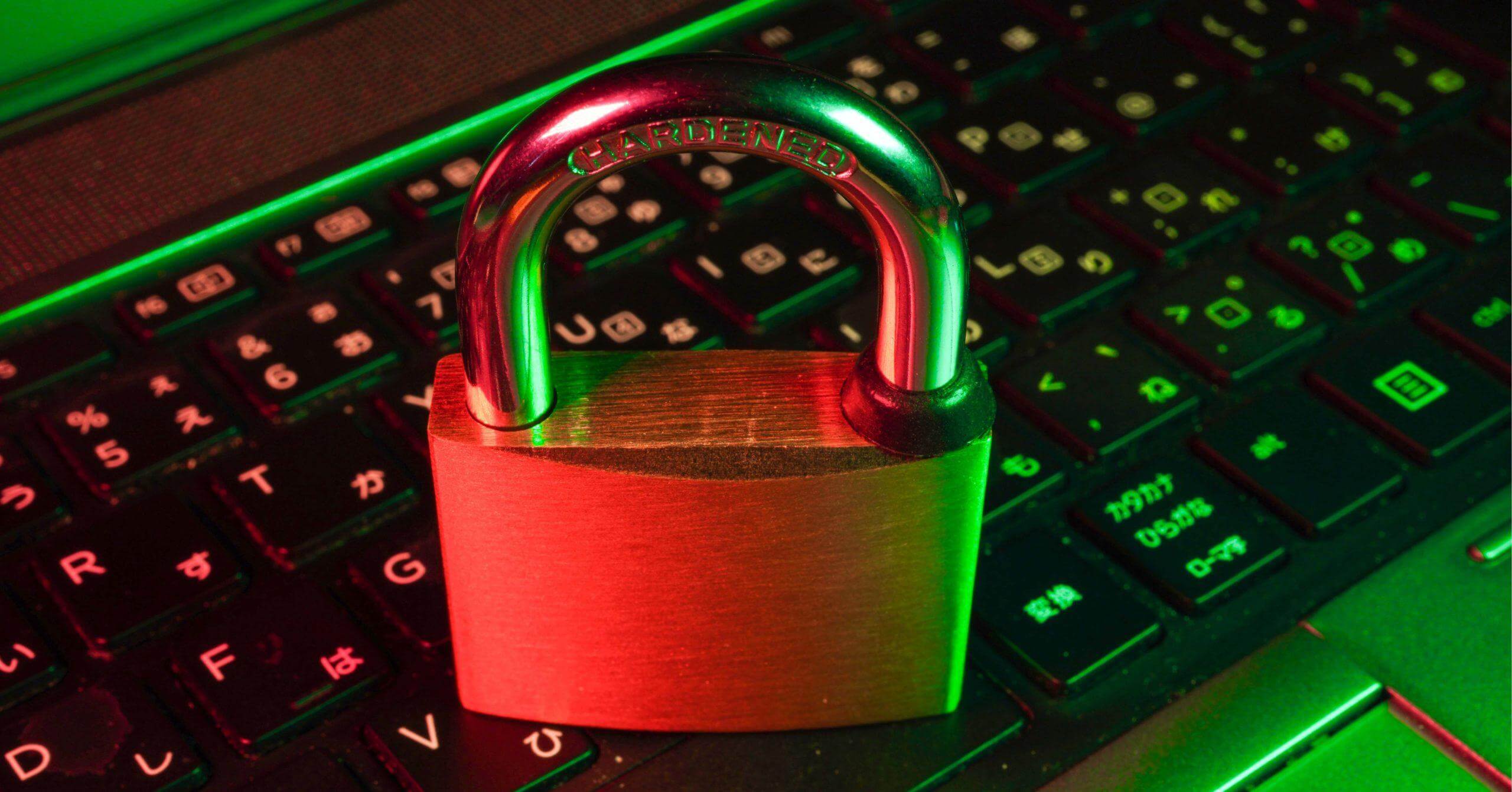How Hackers Target Investors and How to Stay Safe
What’s the most vital part of your firm? You and your team’s information. Even if you think your information is as secure as possible, hackers still have tactics to personally target you — and your family.
Why Hackers Target Investors
Your firm might be cyber-secure from the inside, but what about outside of work? Does your cybersecurity vanish the moment you switch Wi-Fi networks or log into your personal computer? It could.

How Hackers Target Investors
So how do you protect yourself outside of the office? Here are some common ways hackers are likely targeting you right now:
- Getting Your Personal Information: The place hackers first get access to you is by procuring information through data brokers. These companies collect massive amounts of data, including IP addresses, passwords, and personal information. They collect this information from everyone – including you – and sell it to the highest bidder. This means that hackers can buy your personal account information, including passwords, IP address, and even session cookies, which log bad actors into your account without a password (called a “pass-the-cookie” attack).
- Accessing Your Personal Accounts: Breaking into your personal accounts is much easier after a hacker buys your personal information. But another way hackers gain access to your account is through spear-phishing emails. These trick the recipient into logging onto a fake website or installing password-nabbing malware onto their device.
- Breeching your home Wi-Fi: Hackers can also target you through unprotected networks, dated firewalls, and unpatched devices. Anything connected to an unprotected network, such as your phone, laptop, or even home security system, can be easily infiltrated by bad actors.
- Targeting your friends and family: If you think you’re unprotected outside of work, your friends and family are even more vulnerable – which is great news for an opportunistic hacker looking for a path of least resistance. By targeting your unprotected spouse, child, or close family friend’s device, hackers can easily infect, steal, or use their access to stage a secondary attack on you.
How to Protect Yourself (and Others) from Hackers
From expensive solutions to one-step defenses, everyone can externally protect themselves from bad actors.
Only use protected Wi-Fi networks: We’ve all worked in public places, but jumping onto a public Wi-Fi means your network has very few (if any) security measures to protect your information. The next time you decide to whip out your credit card at your local coffee shop or airport, ask yourself if it’s worth the risk.
Think before you click: Phishing is the number 1 tactic bad actors use to get your information. For them, it’s minimal risk, high reward, and can target a large audience with minimal effort. Not sure how to recognize a phishing email? Check out this helpful blog post, or find confidence with Agio’s Phishing Protection program (where we do the work for you).
Hire protection: Don’t be afraid to consult an expert. Extended Detection & Response service is vital for any firm and can block hackers from accessing your confidential information (like passwords).
If you’re feeling like you might have cybersecurity gaps, check out our blog post, Is Your Cybersecurity Really Covered? 7 Questions to Ask Your MSP, and ensure you’re keeping yourself and your information safe and secure from bad actors.
Share post
Featured Posts
Connect with us.
Need a solution? Want to partner with us? Please complete the fields below to connect with a member of our team.





